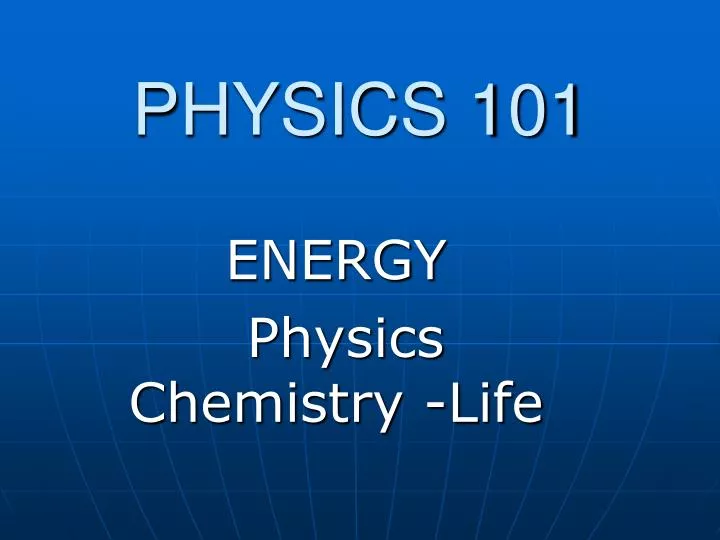
Stephen Downes considers these so-called cMOOCs to be more "creative and dynamic" than the current xMOOCs, which he believes "resemble television shows or digital textbooks". All course content was available through RSS feeds, and online students could participate through collaborative tools, including blog posts, threaded discussions in Moodle, and Second Life meetings. CCK08, which was led by George Siemens of Athabasca University and Stephen Downes of the National Research Council, consisted of 25 tuition-paying students in Extended Education at the University of Manitoba, as well as over 2200 online students from the general public who paid nothing.

The term MOOC was coined in 2008 by Dave Cormier of the University of Prince Edward Island in response to a course called Connectivism and Connective Knowledge (also known as CCK08).
FREE ONLINE PHYSICS 101 STANFORD FREE
Ten-week course with more than 70 students was used to test the idea of making Wikiversity an open and free platform for education in the tradition of Scandinavian free adult education, Folk High School and the free school movement. Within the OER movement, the Wikiversity was founded in 2006 and the first open course on the platform was organised in 2007. Here, Daniel Barwick's work is the most often-cited example. The OER movement was motivated from work by researchers who pointed out that class size and learning outcomes had no established connection. The first MOOCs emerged from the open educational resources (OER) movement, which was sparked by MIT OpenCourseWare project. Some later MOOCs (xMOOCs: extended MOOCs) use closed licenses for their course materials while maintaining free access for students.

Įarly MOOCs (cMOOCs: Connectivist MOOCs) often emphasized open-access features, such as open licensing of content, structure and learning goals, to promote the reuse and remixing of resources. MOOCs are a widely researched development in distance education, first introduced in 2008, that emerged as a popular mode of learning in 2012, a year called the "Year of the MOOC". In addition to traditional course materials, such as filmed lectures, readings, and problem sets, many MOOCs provide interactive courses with user forums or social media discussions to support community interactions among students, professors, and teaching assistants (TAs), as well as immediate feedback to quick quizzes and assignments. Poster, entitled "MOOC, every letter is negotiable", exploring the meaning of the words "massive open online course"Ī massive open online course ( MOOC / m uː k/) or an open online course is an online course aimed at unlimited participation and open access via the Web.


 0 kommentar(er)
0 kommentar(er)
